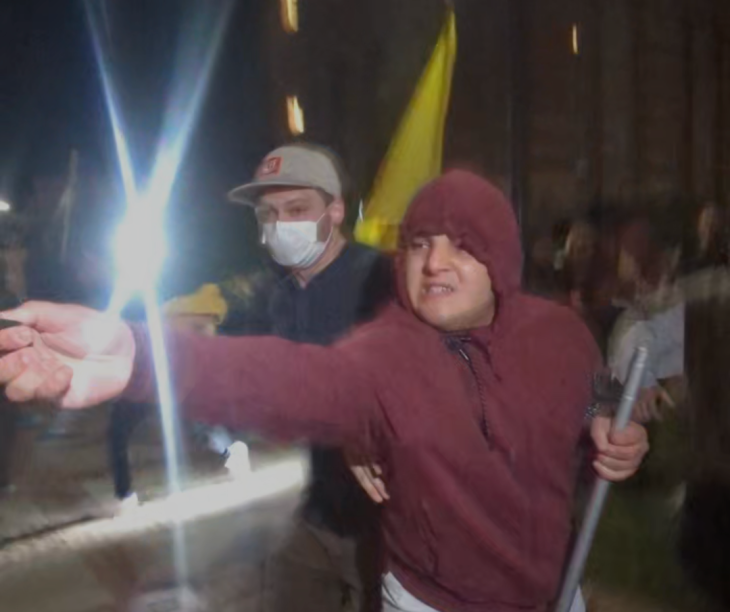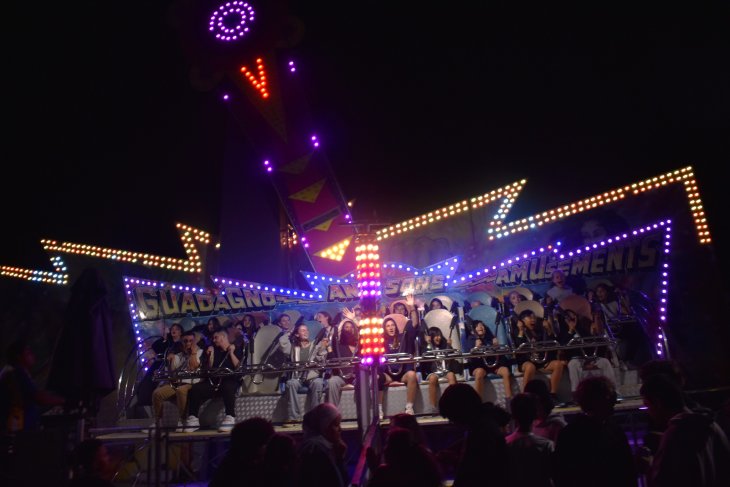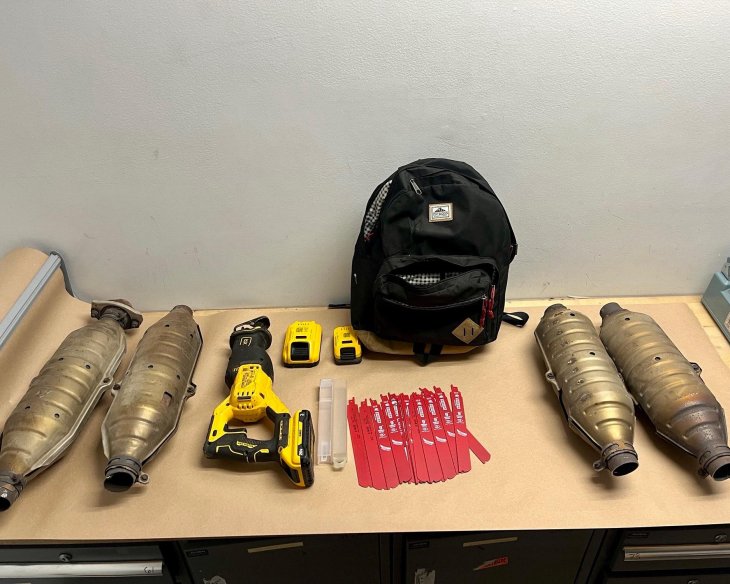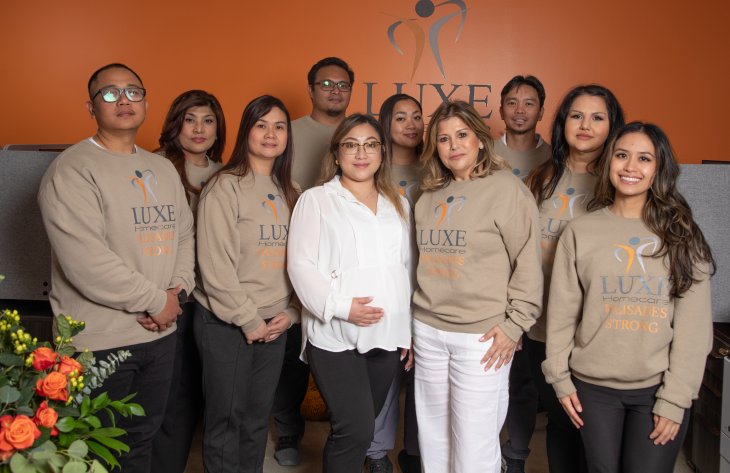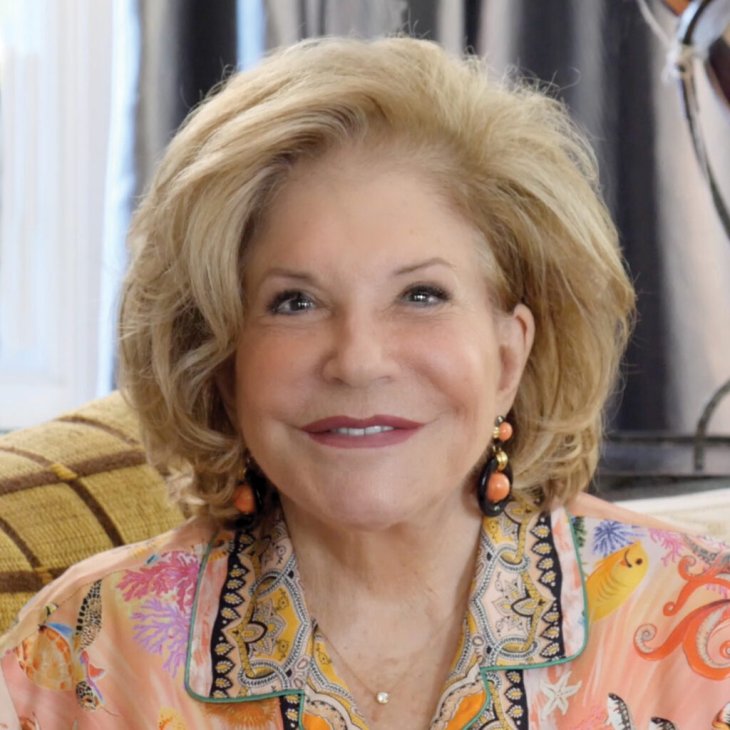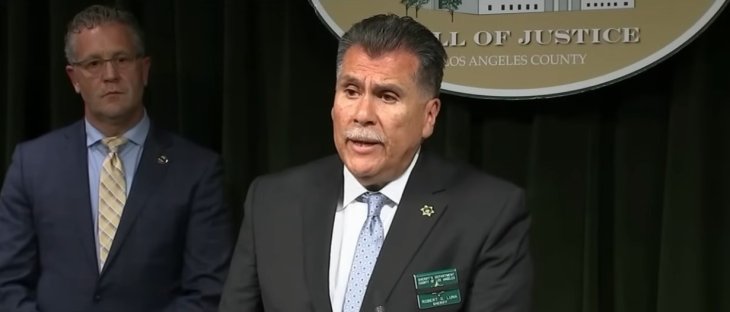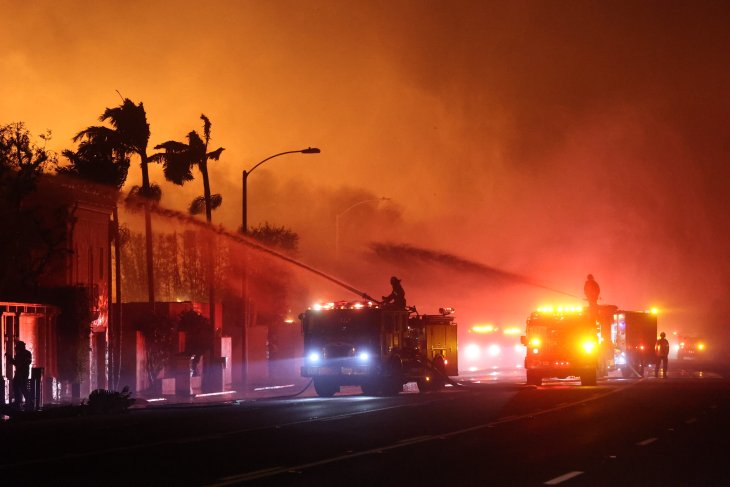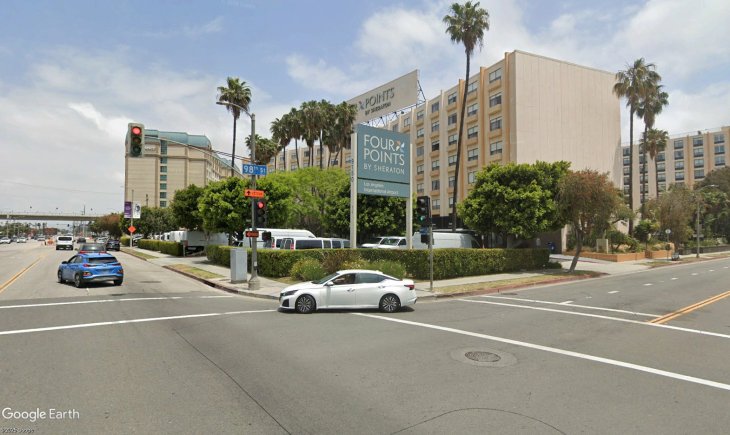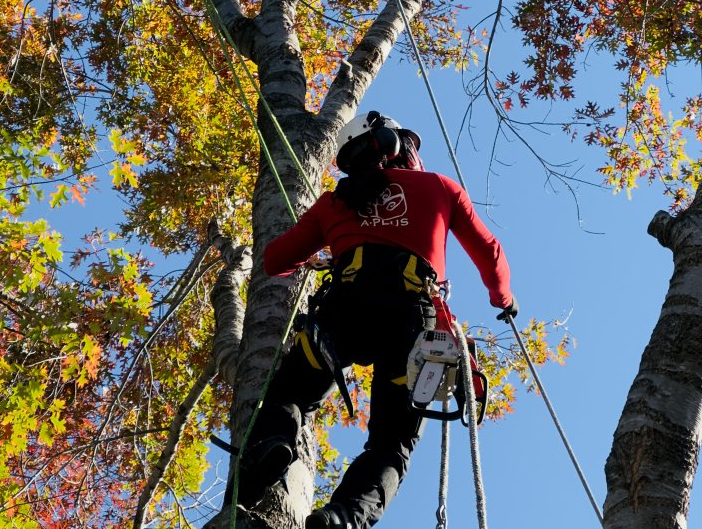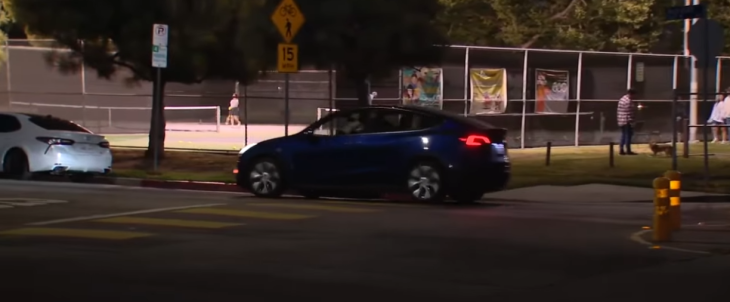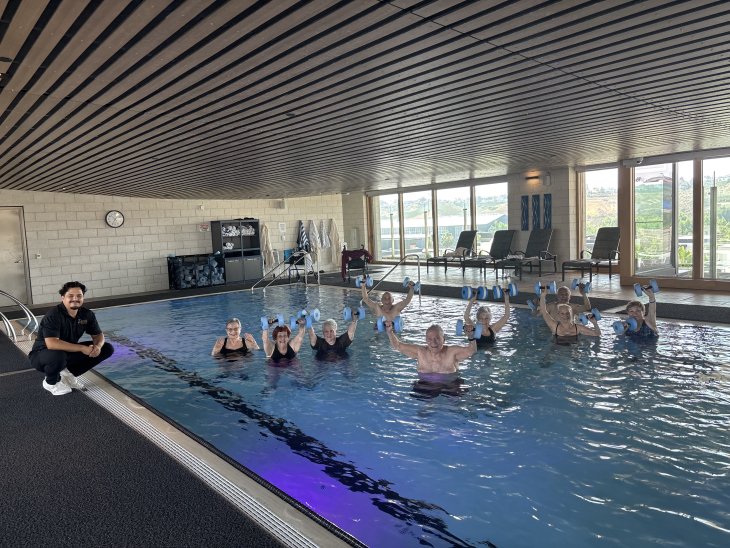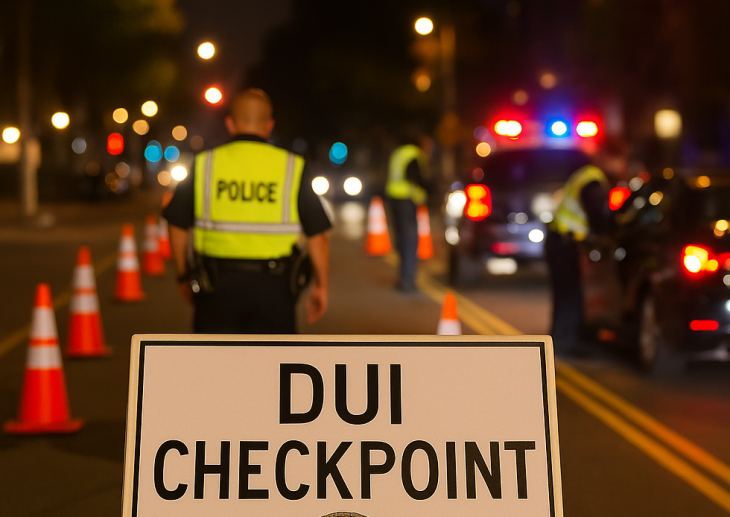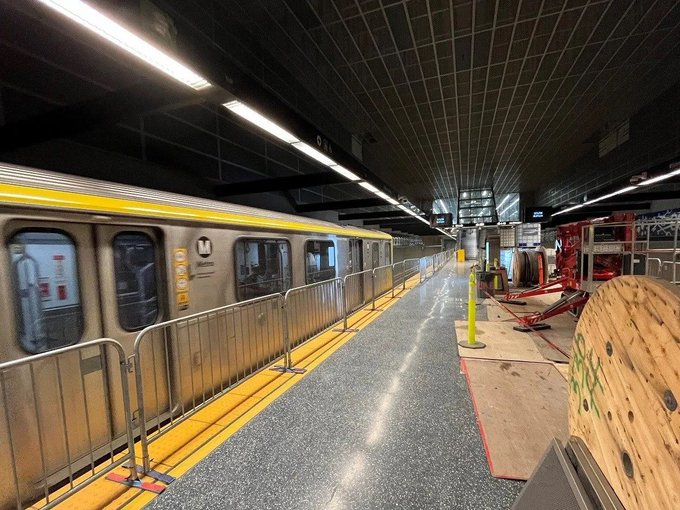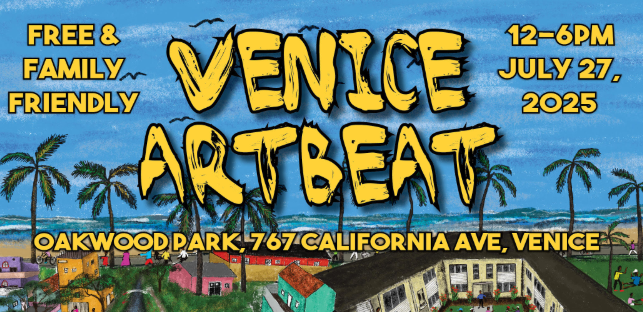 The Los Angeles City Council could vote today to place a measure on the March 3 ballot that would ask voters if city elections should coincide with federal and state balloting starting in 2020.
The Los Angeles City Council could vote today to place a measure on the March 3 ballot that would ask voters if city elections should coincide with federal and state balloting starting in 2020.
The council’s Rules, Elections and Intergovernmental Relations Committee will vote on the proposal in a meeting set for 9 a.m. and forward its
recommendation to the full City Council, which could vote to put it on the March 3 ballot as early as about 10:15 a.m.
The idea to hold city elections in June and November of even years is aimed at boosting voter turnout, which has been embarrassingly low in recent years. About 20 percent of registered voters cast ballots in the 2013 city elections, while the presidential election in November 2012 drew 69.2 percent of registered voters in Los Angeles County, and the gubernatorial race in November 2010 saw a turnout of 52.5 percent countywide.
Elections for city offices – there are 15 council seats – are now held in March and May during odd-numbered years.
In order to shift the election cycle, a “gap” of about 17 months needs to be closed, so there would be a one-time extension of the terms of the mayor, council members and other officials from four to 5 1/2 years.
After the one-time extensions, the office terms would return to four years, starting in 2020, when city elections would start running on the even- numbered cycle.
Five members of the City Council, which is voting on whether to place the measure on the ballot, are running for re-election in the 2015 races and could benefit from the proposed longer term to address the gap months.
Mayor Eric Garcetti, City Attorney Mike Feuer, Controller Ron Galperin and most of the council members for the odd-numbered districts are eligible to run for re-election in 2017 and could also be affected by the proposed longer term.
City officials said that while there was an option to create a shortened term to address the gap – such as a 3 1/2 year term – it was not considered because the county, which handles federal and state races, will not have its new voting system ready before 2019.
Another idea was to keep the four-year terms and hold special elections in 2019 and 2021 to fill the year-and-a-half gap, but that would have cost a total of $36.3 million, according to city officials.

